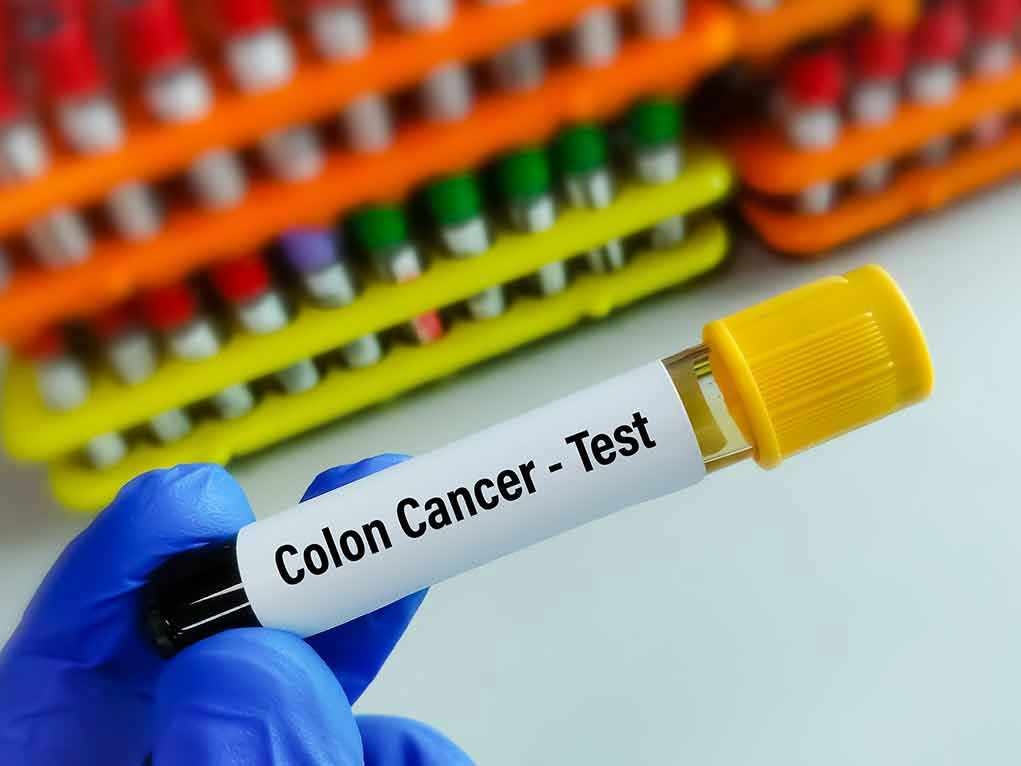
Gut health isn’t just about digestion—it’s the secret weapon against disease, and the foods you choose after age 45 may be your most important line of defense.
Story Snapshot
- Trillions of gut microbes shape your immune system, metabolism, and even mood
- Dietitian-backed foods offer real, lasting protection against chronic illness—including colon cancer
- New science redefines “healthy eating” for midlife and beyond
- Everyday food choices can future-proof your health, starting with your next meal
The Surprising Power of Your Gut Microbiome After 45
Scientists now recognize the gut as far more than a digestive tract—it’s a central command hub for your whole body. After age 45, the balance of bacteria living in your gut shifts, affecting everything from how you absorb nutrients to your vulnerability to disease. Studies since the 2010s have mapped these microscopic communities, revealing that a diverse, well-fed microbiome acts like a vigilant security team, fending off harmful invaders and reducing inflammation, a root cause of many chronic illnesses.
Those gut bugs thrive on what you eat. Fiber-rich vegetables, beans, and whole grains provide their preferred fuel, while fermented foods like yogurt and kimchi introduce beneficial strains directly. Dietitians and gastroenterologists now agree: as you age, regularly eating these foods isn’t a fad, it’s a foundation for long-term vitality. They’re not just talking about better bathroom habits—this is about slashing your risk for colon cancer, diabetes, and even boosting your mood and memory.
Six Foods That Turn the Tide on Colon Cancer Risk
Disease statistics make headlines, but your grocery cart changes the story. Here are the six foods dietitians urge everyone over 45 to embrace, backed by robust research: whole grains, beans and lentils, cruciferous vegetables, berries, nuts and seeds, and fermented foods. Each offers unique compounds—fiber, antioxidants, phytochemicals, and live probiotics—that reshape your gut microbiome for the better.
Whole grains like oats and brown rice deliver insoluble fiber that keeps digestion running smoothly and feeds beneficial bacteria. Beans and lentils pack both fiber and resistant starch, which scientists link to lower colon cancer rates. Cruciferous vegetables—think broccoli, cabbage, and Brussels sprouts—contain sulforaphane, a compound shown to reduce DNA damage and inflammation in colon cells. Berries offer polyphenols, which encourage the growth of helpful microbes. Nuts and seeds are rich in prebiotic fibers, and fermented foods like kefir, sauerkraut, and miso introduce live cultures that strengthen your gut barrier.
The Fiber Connection: Why Quantity and Variety Matter
Current guidelines recommend 25–38 grams of fiber daily, but most Americans get less than half that. Fiber isn’t just roughage—it’s the main food source for gut bacteria, who convert it into short-chain fatty acids. These compounds reduce inflammation, strengthen the colon lining, and may directly protect against cancerous changes. Harvard Health and leading dietitians stress that diversity is as important as volume; the more types of fiber you eat, the more resilient your microbiome becomes. That means mixing up your sources—swap white bread for quinoa, add lentils to salads, snack on almonds, and rotate different berries each week.
Beyond fiber, hydration helps keep things moving and supports the gut’s mucous barrier. Proper sleep and stress management also play a role, since chronic stress can disrupt the microbiome’s balance. These lifestyle tweaks, combined with smart food choices, create an environment where disease struggles to take root.
What the Experts Say—and Where They Disagree
Dietitians overwhelmingly recommend focusing on whole foods, not supplements, for building gut health. While probiotic pills get plenty of attention, the strongest evidence still points to eating a variety of plant foods and fermented products. Some researchers caution that the benefits of commercial probiotics may not match those of traditional fermented foods or the complex fibers found in natural sources.
Experts also debate whether one-size-fits-all advice is enough. Individual differences in microbiome composition mean some people need more of certain foods or different probiotic strains. Researchers are exploring personalized nutrition, but for now, universal takeaways hold: eat more whole, plant-based foods, limit ultra-processed products, and make fermented foods a habit. This approach, echoed by major academic centers and public health campaigns in 2025, offers the best odds for lowering colorectal cancer risk and staying healthy long term.
Sources:
Houston Gastro Institute, 2025 Digestive Health Tips
Harvard Health, 5 Ways to Improve Gut Health
Intoleran, Dietitian Tips for Gut Health 2025
Cincinnati GI, Gut Health in 2025














